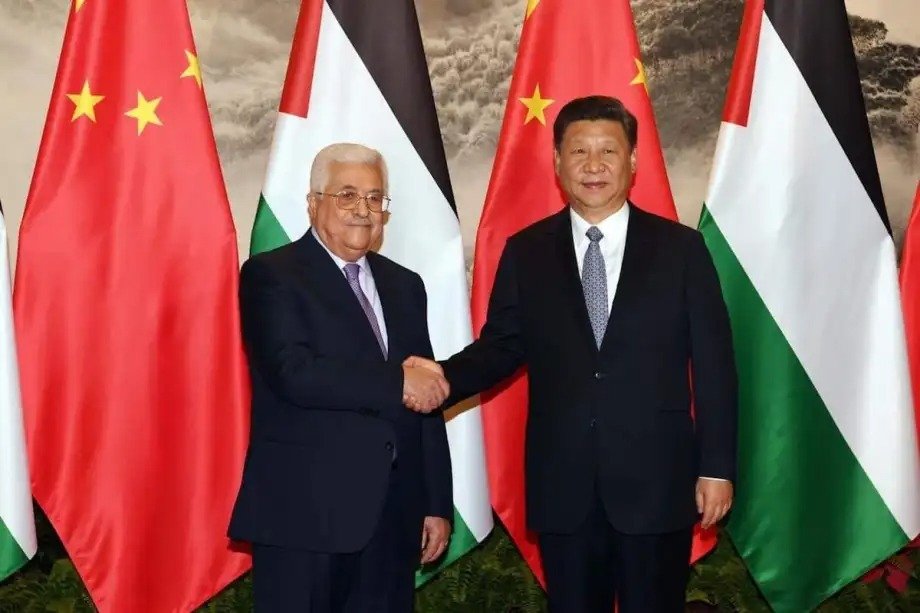China has historically supported anticolonial struggles and the Palestinian cause, but today, despite rhetorical backing and diplomatic engagement, it is reluctant to confront Israel directly.
During the 2023 Gaza conflict, videos circulated online suggesting China had airdropped humanitarian aid to Palestinians. Many viewers celebrated, seeing it as a significant step by Beijing to support Gaza. However, the footage was later proven false, raising questions about China’s actual involvement.
Following the Hamas-led attacks on Israel on 7 October 2023, Beijing refused to label them as terrorism. In February 2024, Ma Xinmin, a legal advisor to China’s foreign ministry, told the International Court of Justice that the Israeli-Palestinian conflict stems from Israel’s occupation of Palestinian territory. He emphasized that Palestinians have an inalienable right to resist oppression and pursue self-determination under international law.
China has actively supported UN resolutions demanding a ceasefire in Gaza since the conflict escalated. In July 2024, Beijing facilitated an agreement among 14 Palestinian factions, including Fatah and Hamas, to establish an interim national reconciliation government in Gaza once the conflict concludes.
The same month, China participated in an international summit hosted by the Hague Group—comprising Bolivia, Colombia, Cuba, Honduras, Malaysia, Namibia, Senegal, and South Africa—aimed at moving from rhetoric to concrete action in Gaza. However, China did not sign the summit’s joint statement, which included measures to prevent the transfer of arms and military supplies to the region.
Analysts suggest China’s cautious stance stems from its desire to maintain a strategic balance. While Beijing supports Palestinians diplomatically, it avoids antagonizing Israel or Western nations. Its approach combines legal justification, economic interests, and careful diplomacy rather than direct intervention.
China’s position contrasts sharply with other countries that supply military aid or apply sanctions. By focusing on UN resolutions, humanitarian assistance, and mediation efforts, Beijing seeks to project influence without escalating conflict.
Experts argue that this approach reflects China’s broader foreign policy strategy. It emphasizes diplomacy and multilateral engagement while avoiding direct confrontation, even when the moral or political case seems strong. China’s participation in Gaza-related summits demonstrates commitment to mediation but stops short of using coercive measures against Israel.
Humanitarian advocacy groups note that while China’s diplomatic efforts are welcome, concrete action on the ground remains limited. Millions in Gaza continue to face shortages of food, medicine, and essential supplies, underscoring the gap between rhetoric and practical support.
Beijing’s cautious diplomacy highlights a broader pattern: supporting causes publicly while carefully managing international relationships. This strategy allows China to maintain credibility with partners in the Global South and the Arab world without straining ties with Israel or Western powers.
As the Gaza conflict continues, China’s role may be more symbolic than practical. Its support in international forums demonstrates moral backing for Palestinians, but experts say significant pressure on Israel from Beijing is unlikely in the near term.







